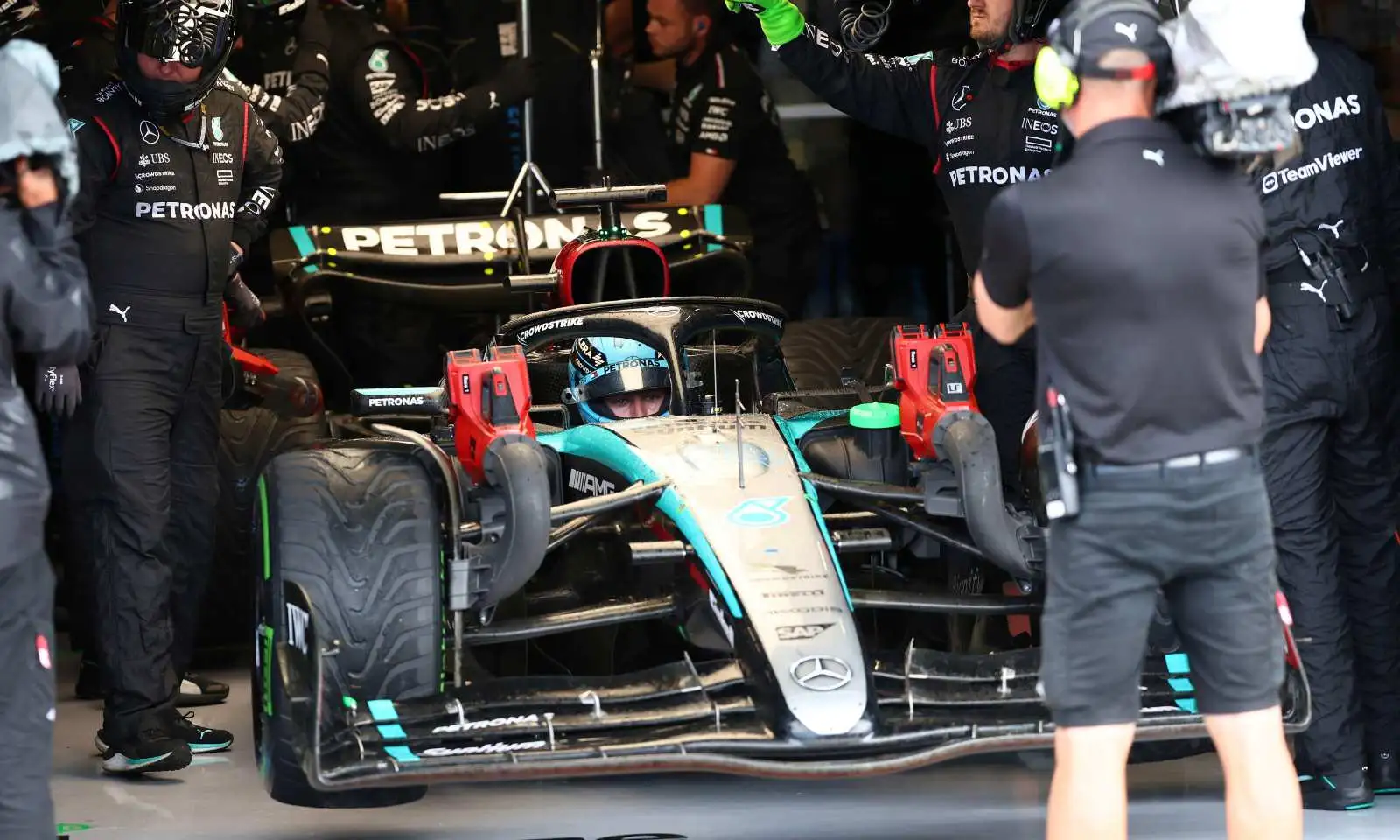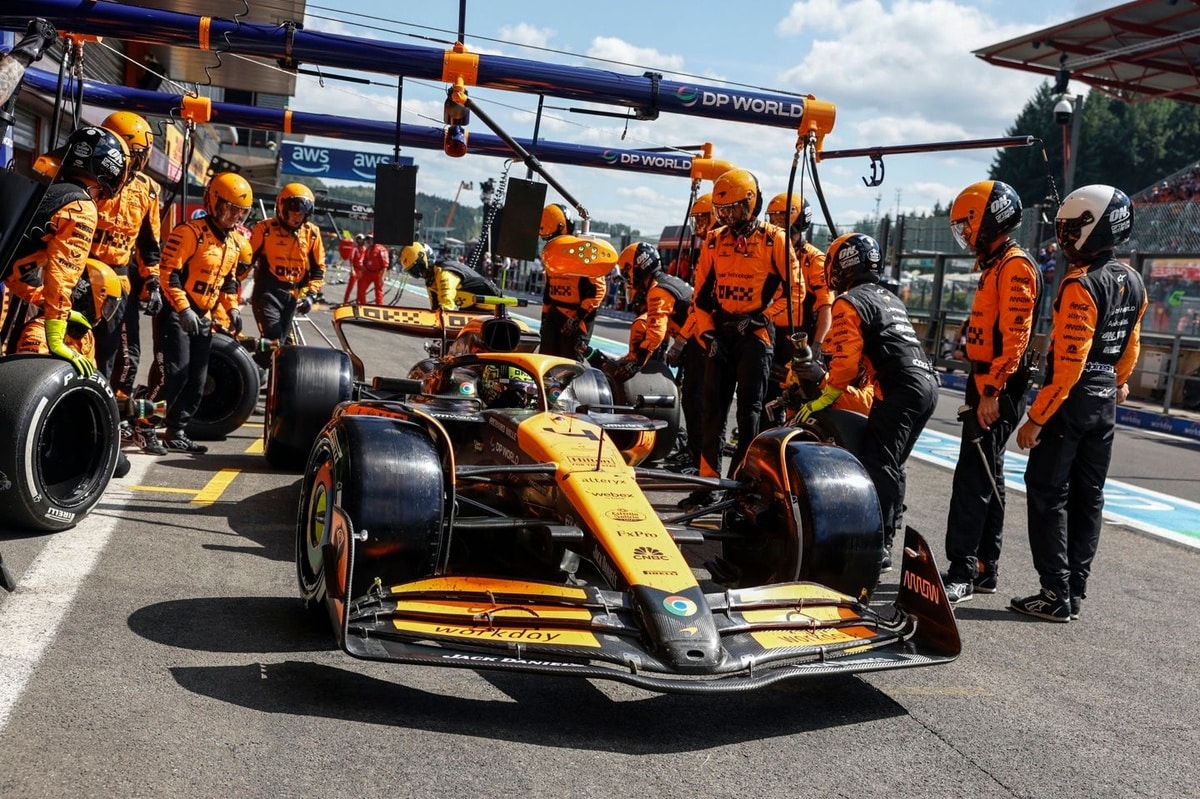Get ready for big changes in 2026 as F1 gears up with new regulations.
- The FIA announces its confidence in achieving performance targets with the 2026 technical regulations.
- Expect a balance of electric power and sustainable biofuels in redesigned engines.
- The rookie sprint idea is back on the table, aiming for a 2026 debut.
- Revisions include gender-neutral language and confidentiality during investigations.
The world of Formula 1 is all set for a transformation as new regulations are set to roll out in 2026. The FIA has expressed confidence that the much-anticipated technical regulations will meet the starting performance level targets. This announcement came after the latest meeting of the Formula One Commission, which was led by FIA’s single seater director, Nikolas Tombazis, and Formula 1 president, Stefano Domenicali.
In 2026, fans can look forward to a fresh era in motorsports with revamped chassis and power unit regulations. The updated engines will feature an equal mix of electrical power and internal combustion, utilizing fully sustainable biofuels. The FIA is also pushing for smaller, lighter cars, adhering to their ‘nimble car’ concept. By the time the F1 Commission gathers next, a complete set of technical regulations should be ready, buoyed by team feedback that suggests objectives regarding performance levels are on track.
Another topic on the agenda was the rookie F1 sprint concept, which had been shelved previously. There’s renewed interest in reviving this idea, with hopes for its introduction in 2026. This potential addition could bring a new level of excitement and opportunity for emerging drivers.
Further developments for 2026 include revisions to the sporting regulations to incorporate gender-neutral language, reflecting a broader movement towards inclusivity. The discussions also broached confidentiality in investigations, aiming to enhance procedural matters concerning financial regulations.
Moving forward to 2025, there’s an approval for a driver cooling kit, which will be mandatory during high-temperature events, a response to conditions witnessed at the Brazilian Grand Prix. Additionally, adjustments to the financial regulations are forthcoming to exclude sustainability-related costs, marking a shift towards greater environmental responsibility in the sport.
The future of F1 promises innovation and inclusivity, with new regulations set to redefine the sport.










